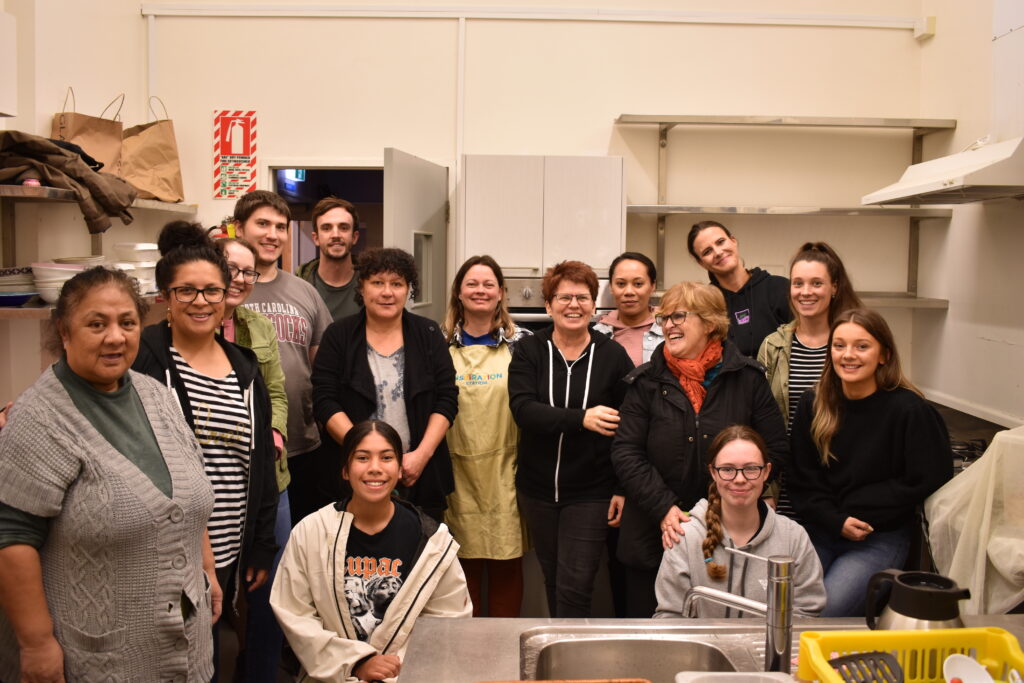5.0 Learn by doing
Learning by doing in CLD is about an ongoing adaptive cycle of regular planning, action, reflection and learning. Making time to pause and reflect together helps us build shared leadership, celebrate achievements, get new insights about how and what we are doing, plan next action steps and improve our mahi. Learning together can grow into more structured evaluation – both help us tell our story to others we want to influence in ways they can hear and value.

FACILITATING A LEARNING CULTURE
CLD thrives when we create a climate that is safe to ‘just try stuff’. Actions express and clarify our growing shared vision and planning for next steps. Each experience in turn creates an opportunity for learning from our doing– and celebrating our successes in positive, fun and creative ways. Habits of regular and intentional review, reflection and celebration help grow trust, confidence, relationships; reduce fears, tensions; and support ongoing adaptation and solution finding. Learning by doing needs good facilitation skills to shape a high trust learning culture. In this resource you’ll find some guidance on the art of a facilitating a learning culture tools for sparking meaningful learning conversations, and strategies for overcoming common challenges.
EVALUATING FOR COMMUNITY-LED CHANGE
To be effective in locally-led change, what you do and how you do it are equally important. So we need to keep noticing what is emerging, and what lies behind the results and changes observed. This resource provides a practical kete of tools for assessing how each of the five community-led development principles are showing up in our mahi. This guide helps build on the foundation of our everyday learning and reflection culture and is part of activating the learning by doing principle.
Start from where you are and consider these key questions when making time to pause and reflect together.
Why do we want to learn, reflect on and assess our work?
Identify your ‘why’, ‘what purpose?’, ‘who will use it?’. So what do we need to know?
Set up for success by including learning in everything you do
What questions do users want answered?
How well are we putting CLD principles into practice? Some powerful question prompts
How might we get started on learning, reflection and assessment?
Facilitate an effective learning culture
CLD project planning, monitoring and evaluation approaches: see what fits best with your mahi
Some basic planning steps for implementing an evaluation.
Explore a range of approaches for evaluating community impact
An ongoing format for communicating your learning and evaluation mahi
What are some practical methods that have worked well in CLD contexts?
Identify your key indicators of success
What, So what, Now What? A simple, effective tool for looking back and planning ahead
Try the SES tool to mine successes for evidence, strategies and deeper learning
Collect stories of most significant change
Practical methods to collect and/or retrieve data about activities
How do we ensure effective engagement in the whole process?
How does your CLD initiative foster a learning culture?
Expand your kete of creative process tools to work with multistakeholder complexity
This material has been collected from a wide variety of sources and contributors. Please honour the mana of those who produced and shared these resources by always acknowledging the whakapapa of where any resource you share has come from.
